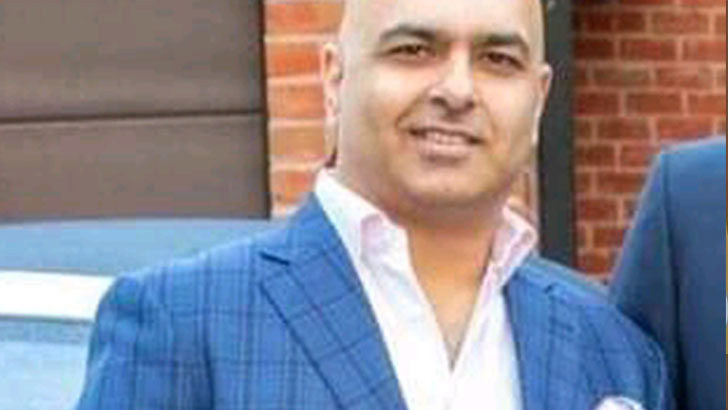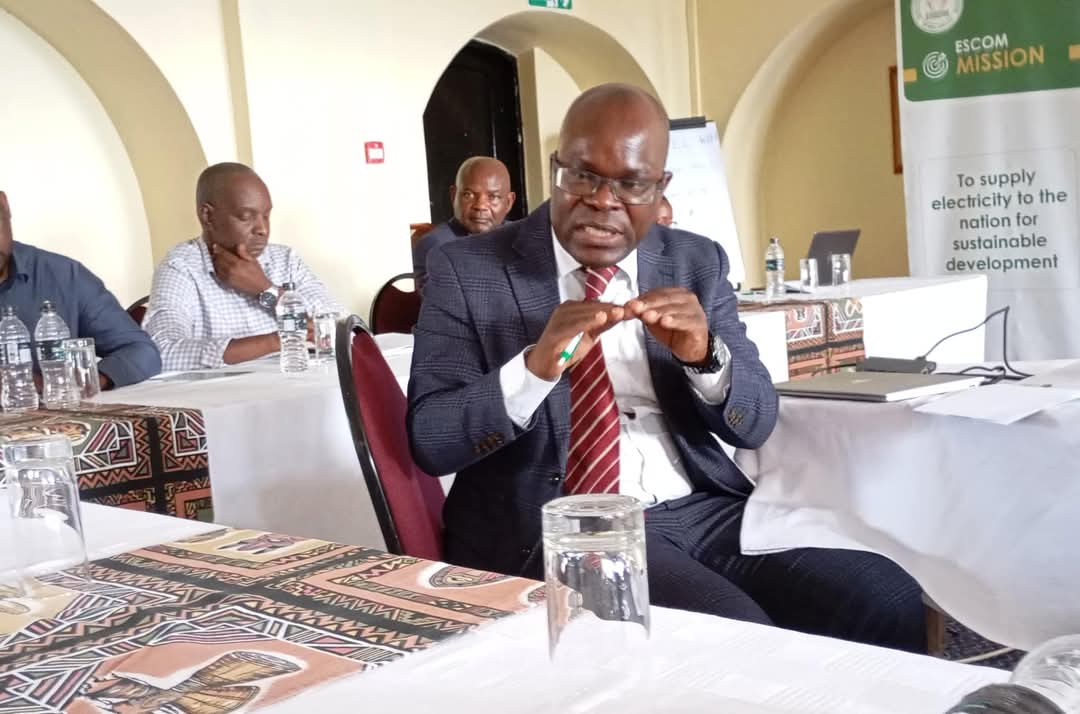United Kingdom-based Malawian businessperson Zuneth Sattar says British authorities’ decision to impose a travel ban, seize his assets and freeze bank accounts has left him suffering “unfair” hardship.
In an interview with Britain’s The Times newspaper published yesterday, the businessperson, who that country’s National Crimes Agency (NCA) believes profited to the tune of millions through alleged bribery and corruption in procurement deals with the Malawi Government, is quoted as having said he was used to a lavish lifestyle, as such, the conditions were making him “a prisoner in my own home”.

Sattar said he failed to travel to Dubai in the United Arab Emirates to handle outstanding business as well as to Malawi for family reasons due to the ban.
He said: “The government has frozen my assets and all I can spend is £250 [about K340 000] a week… That is meagre and how can that provide for a family of five? It’s not nearly enough. How can you survive on that?”
During the interview, the businessperson sounded defiant and adamant on his purported “clean hands”, daring the NCA, which arrested him last year, to “bring it on” and vowed to “fight” the case.
On allegations that he bribed 53 public officials last year in Malawi, Sattar, 41, said he was not corrupt and that he was “a good person”.
He said: “I am hated in Malawi, everyone has turned against me and think I am up to no good. They said I was falsely inflating prices of drinks and other goods I was selling. But that is not true, it is false information.
“I am very successful, I have done well for my age and that brings enemies. But I have nothing to hide, I have done nothing wrong.”
In UK, Uxbridge Magistrates’ Court deputy judge Daniel Stein recently also rejected Sattar’s attempt to have his bail conditions to allow him to travel to Dubai for medical attention and to handle outstanding business issues. He was also asking the court to allow him to travel to Malawi for family reasons.
In May this year, Sattar also wondered through his lawyer Simon Farrell QC why his ‘serious case in Malawi’ was only being talked about on social media, arguing that people were talking about it based on their interest in the story not what is really on the ground




